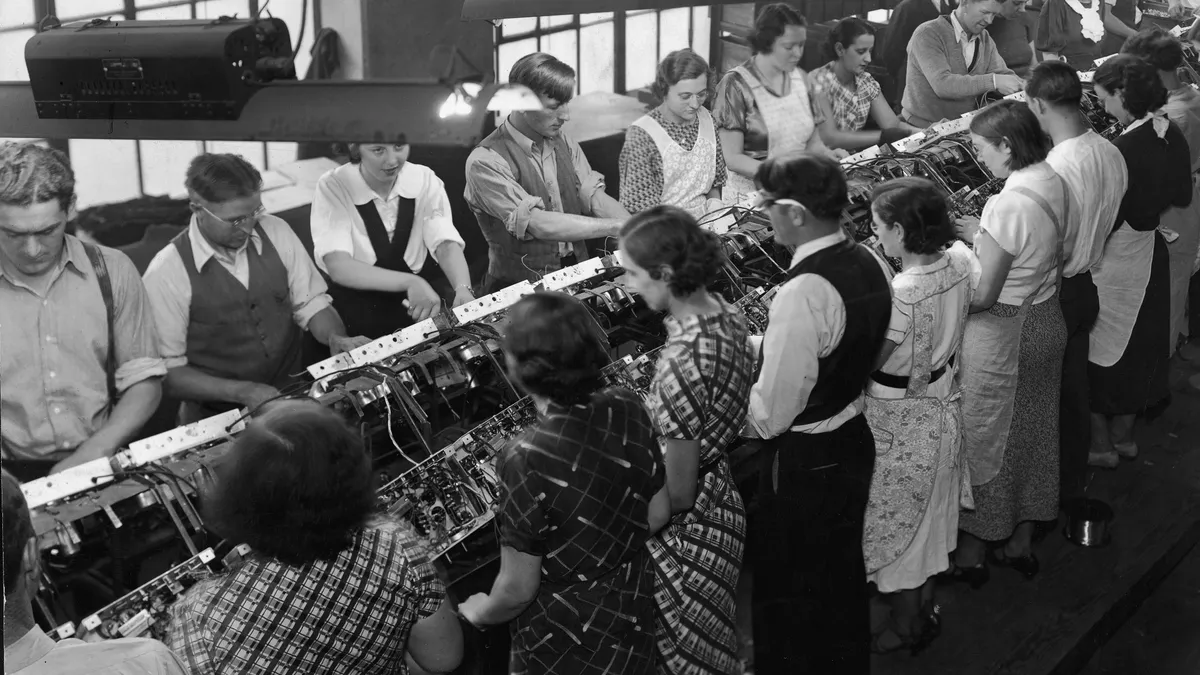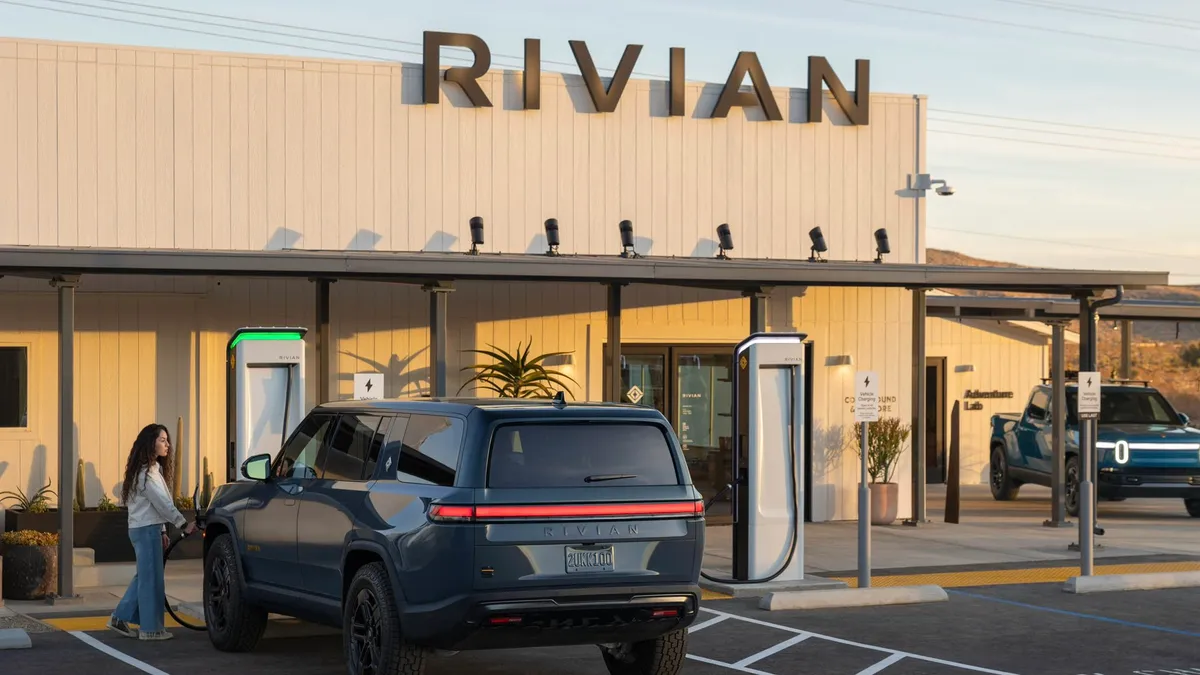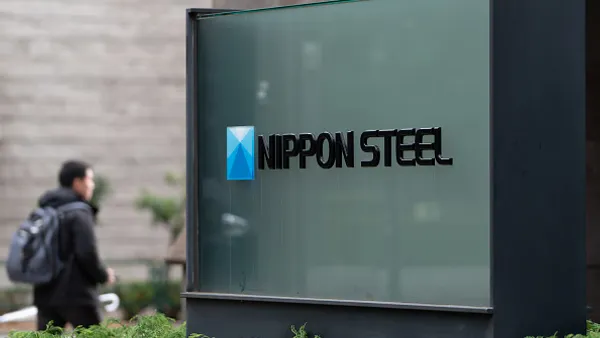Dive Brief:
- Down from 24% in 2022, only 16% of survey respondents for LeanIn.Org and McKinsey and Co.’s latest Women in the Workplace report said they’re offering formal sponsorship programs for women.
- In 2022, 48% had women-focused recruiting programs. Now, only 34% have these kinds of recruiting programs.
- Similarly, 24% had women-focused internships, according to the report. Now, only 11% of respondents offer such programs.
Dive Insight:
Time and money are two critical ingredients to helping women join and stay in automotive manufacturing, experts told Automotive Dive earlier in the year. In particular, experts recommended companies prioritize their mentorship and career development offerings for women.
Yet, researchers behind the LeanIn.Org and McKinsey survey noted an overall decline in commitments to women, stating that "progress has been much slower earlier in the pipeline, at the entry and manager levels."
Researchers also found that women remain underrepresented at every stage of the corporate pipeline, adding that “progress still isn’t parity.”
Furthermore, McKinsey emphasized that the “broken rung” of advancement is the core issue for women — echoing both its previous findings and research from others.
Bloomberg’s 2023 Gender-Equality Index, for example, was an analysis of 484 top-grossing companies, across 45 countries. While most of the participating employers in Bloomberg’s index were largely forthcoming with data, the overall resulting score for participants was 73% — a C-minus in gender equity. Bloomberg rated the companies on gender pay equity, inclusive culture, anti-sexual harassment policies and leadership and talent pipeline.
Learning development can be crucial tools to help women make it to and thrive in leadership roles, various studies have shown. This includes the kind of training that helps women balance gendered struggles, such as those of working motherhood.
Previously, executives also told HR Dive that, especially in male-dominated fields, learning how to embrace the “soft skills” typically attributed to women can alter the course of someone’s career. Still, they said, microaggressions and bias can waylay women — so the proper culture, along with the proper investments in women talent, can work in tandem for progress.













